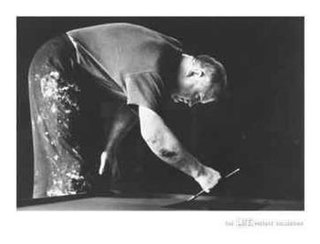A Quote by Adrienne C. Moore
Growing up, there was this explosion of B television. 'Fresh Prince of Bel Air,' you have 'Family Matters,' 'A Different World.' I had examples - of black children, black families, black women, black men - that represented who I was.
Related Quotes
One of the facets of growing up the way I did, I never had the experience of being solely in the black community. Even my family, my mother is what they call Creole, so she's part French, part black, and grew up in Louisiana. It's a very specific kind of blackness that is different than what is traditionally thought of as the black community and black culture. So, I never felt a part of whatever that was.
There are many things that black women can continue to do to help black folk. First, black women have historically been among the most vocal advocates for equality in our community. We must take full advantage of such courage by continuing to combat the sexism in our communities. Black women, whether in church, or hip-hop, don't receive their just due. Second, when black women are in charge of child-rearing, they must make ever so sure to raise black children who respect both men and women, and who root out the malevolent beliefs about women that shatter our culture.
I felt like it was a courageous show [Black-ish] from the beginning. We are a black family - we're not a family that happens to be black. But the show is not even about us being black. The show is about us being a family. That is groundbreaking - on TV, the black characters either happen to be black or they're the "black character," where everything they say is about being black. I think that's the genius.
I would say I'm black because my parents said I'm black. I'm black because my mother's black. I'm black because I grew up in a family of all black people. I knew I was black because I grew up in an all-white neighborhood. And my parents, as part of their protective mechanisms that they were going to give to us, made it very clear what we were.
When you say 'the man of the house,' the black woman has been the woman and the man of the house, because black men have so often had to spend all of their time and energy working and trying, at least, to give their families the basic needs. So black women, I find, are not really concerned about women's liberation.
I have this problem where it's like'I can never stop thinking. For instance, I find myself obsessing over the treatment of black women and girls by black men'the fact that black men have a special prejudice against black women and generally don't protect them or attempt to understand them, and I cry an awful lot about that.




































